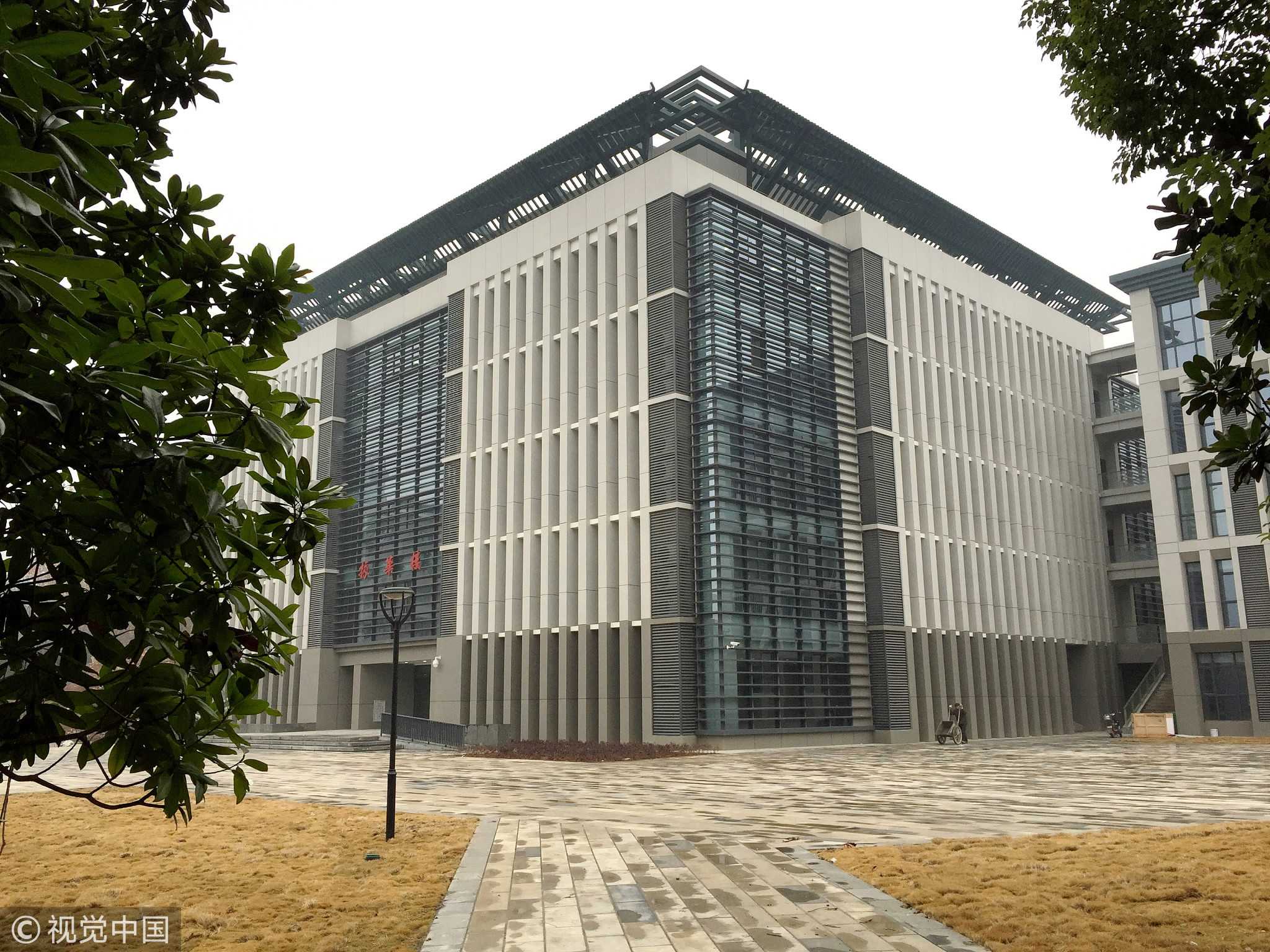
Culture
17:53, 21-Jan-2018
Across China: Massive open online courses make waves in Chinese education
CGTN

Massive open online courses (MOOCs), allowing anyone, anywhere to engage in higher education, have taken off in China as the country embraces distance learning.
Wang Xun, 13, has taken courses in paleography, bionics, human body science and cytobiology through a MOOC platform with thousands of courses which his middle school does not provide.
Wang is interested in ancient forms of writing, and took a 12-week paleography course, developed by Wuhan University, via the platform, passing with distinction.
Wang lives in an impoverished county in southwest China's Yunnan Province, but MOOCs have allowed him to study 10 courses that he could never have taken locally.
MOOCs started to become popular in China in 2013, and the courses often benefit those living in remote areas. The Ministry of Education said there are more than 10 MOOC platforms in China, and over 460 universities and colleges have introduced more than 3,200 online courses through those platforms, with more than 55 million viewers.

A building in Wuhan University. /VCG Photo
A building in Wuhan University. /VCG Photo
Meanwhile, over 200 Chinese online courses have joined international MOOC platforms, winning a reputation across the world.
"China has the largest number of online courses in the world. The country leads the world in MOOC construction," said Wu Yan, head of the Department of Higher Education with the Ministry of Education.
The ministry also introduced 490 "elaborate online courses" earlier on Monday, which represent the highest level of open online courses in China.
Around 70 percent of the courses are provided by China's top universities, including Peking University, Tsinghua University and Wuhan University.
The Ministry of Education said 3,000 elaborate online courses would start in 2020.
In 2014, China's Higher Education Press and Internet giant Netease established China College MOOC, which has become one of the largest platforms of online courses in China. Wang took his courses on this platform.
The platform, www.icourse163.org, has cooperated with more than 120 universities and colleges in China, offering 1,822 courses, covering professional curricula in higher education, vocational education, innovation and entrepreneurship.
"We will increase 2,000 online courses in 2018 to meet the demands of learners," said Wu Bo, who is in charge of the platform.
Peking University has millions of learners due to its high quality online courses, according to Gao Song, vice president of Peking University.

VCG Photo
VCG Photo
"Peking University has participated in a courses-sharing association, which encompasses leading universities in eastern and western China. Nearly one-third of the association's tens of millions of viewers come from China's western regions," Gao said.
"Thanks to modern technologies, high-quality, low-cost and large-scale online teaching activities have become the norm. A higher education revolution is spreading worldwide," Gao said.
"China's higher education is facing problems, such as traditional teaching approaches, content and the quality of teachers not meeting student demand in the new era," said Zhan Dechen, a professor at Harbin Institute of Technology. "MOOCs could be a solution to those problems."
However, creating more MOOCs in China creates its own set of challenges.
Experts believe that the quality of online courses needs to improve, and that different universities should develop diverse courses with their own characteristics. Teachers also need to train to adjust their teaching methods to adapt to online education and the interaction between teachers and students should be strengthened.
Experts have also urged education departments to set strict standards to ensure and monitor the qualifications of MOOC platforms.
Source(s): Xinhua News Agency

SITEMAP
Copyright © 2018 CGTN. Beijing ICP prepared NO.16065310-3
Copyright © 2018 CGTN. Beijing ICP prepared NO.16065310-3